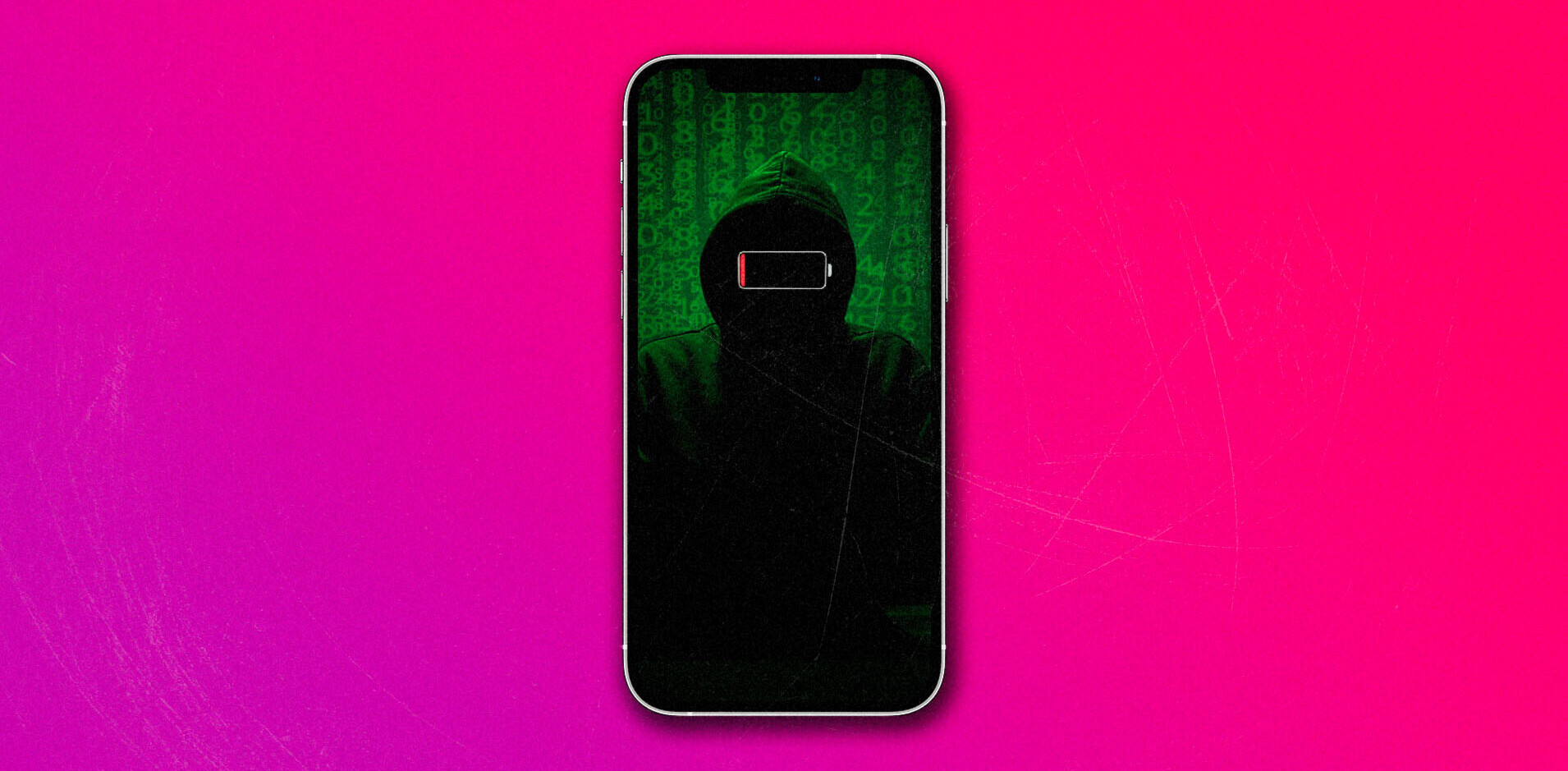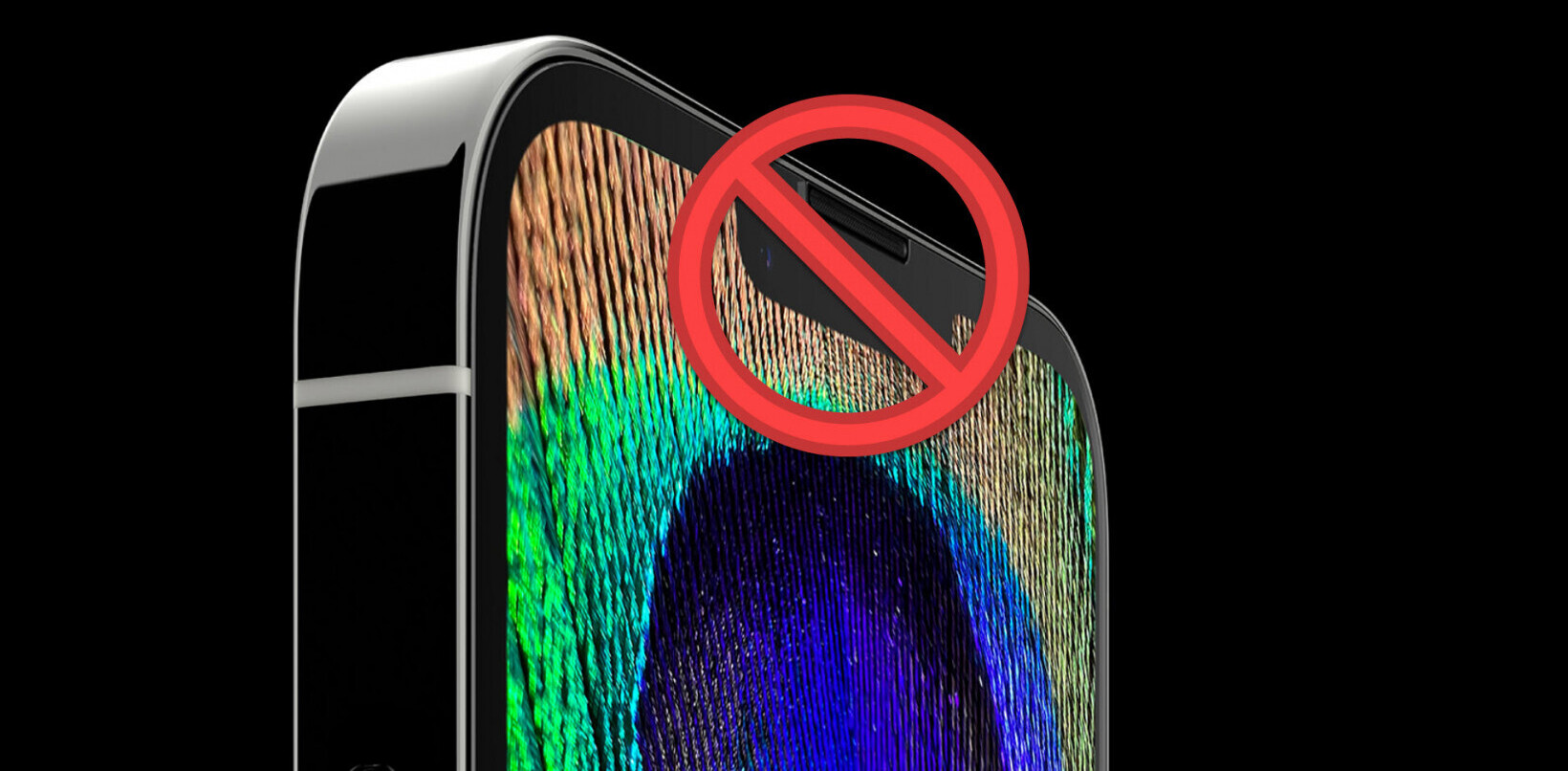
PostSecret, the online art project which sees members of the public anonymously submit secrets on postcards to be published online, has closed down its iPhone app, saying that it was plagued by pornographic, gruesome and threatening content.
The app allowed users to share secrets anonymously without pre-moderation, unlike the PostSecret website which only displays a handful of the physical postcards received each week. The app’s description on the App Store (currently cached by Google) included text like “Share your hopeful and heartbreaking secrets anonymously with the world ” and “Discover the shocking and hilarious secrets from your school or city.”
PostSecret founder Frank Warren says in a blog post published yesterday that “99% of the secrets created were in the spirit of PostSecret. Unfortunately, the scale of secrets was so large that even 1% of bad content was overwhelming for our dedicated team of volunteer moderators who worked 24 hours a day 7 days a week removing content that was not just pornographic but also gruesome and at times threatening.”
Warren says that “bad content” within the app had prompted complaints from users to him, to Apple and even to the FBI. He says that threats had been made against users, moderators and his family (including specific threats that he isn’t allowed to talk about), leading to him having to remove the app from his daughter’s phone.
Attempts to prescreen 30,000 secrets per day proved impractical. “As much as we tried, we were unable to maintain a bully-free environment,” Warren says.
The PostSecret iPhone app cost $1.49 to buy, and an Android version was in development. However, unable to make it work, what Warren describes as a “good faith experiment” has been closed down. The website will continue to operate as normal, however.
This story is fuel for those in favour of ‘real names’ policies, which can dissuade antisocial behaviour. However, the very nature of PostSecret’s website shows that anonymity has a role online, and it’s an interesting case study for anyone looking for ways to make anonymous posting work better in the future.
Get the TNW newsletter
Get the most important tech news in your inbox each week.







